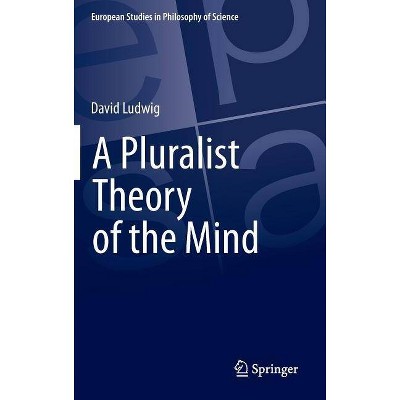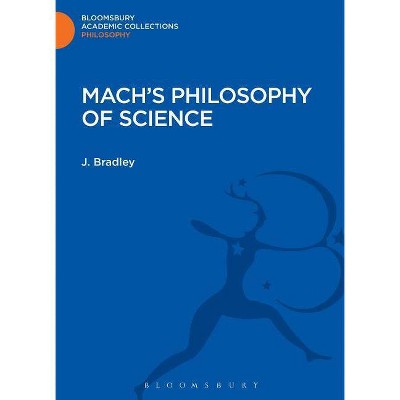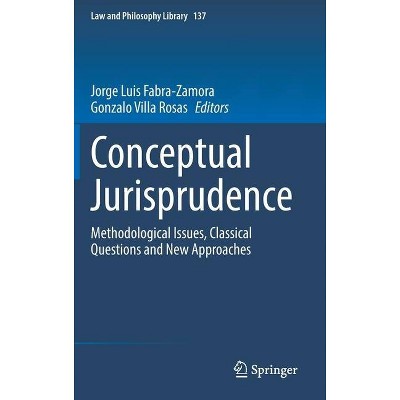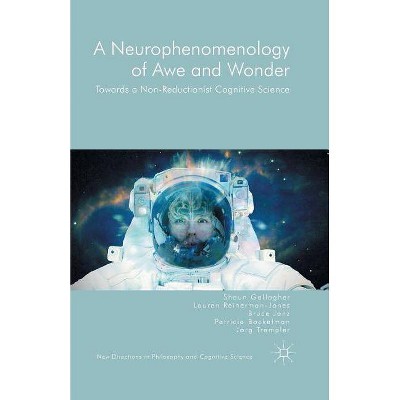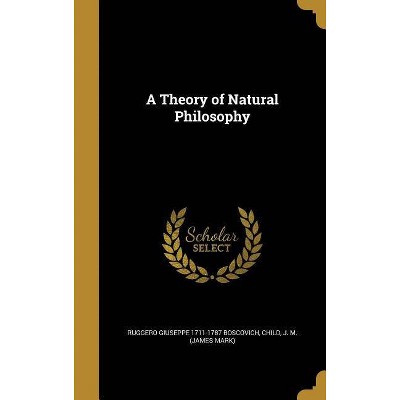A Theory of Wonder - (Philosophy of Science) by Gonzalo Munévar (Hardcover)
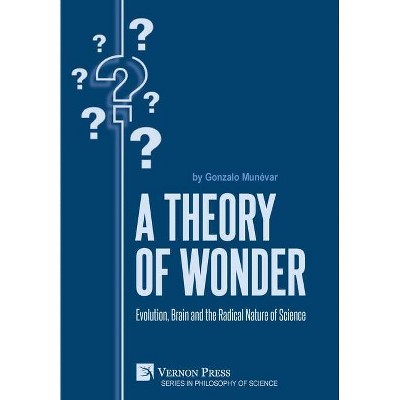
Similar Products
Products of same category from the store
AllProduct info
<p/><br></br><p><b> Book Synopsis </b></p></br></br><p>'A Theory of Wonder' aims to determine the best way science can satisfy our sense of wonder by exploring the world. Empiricism tells us that science succeeds because it follows the scientific method: Observation passes judgment on Theory - supporting or rejecting it. </p><p><br></p><p>Much credit is given to the inventor of the method, Galileo, but when historically-minded philosophers of science like Kuhn and Feyerabend called our attention to what Galileo actually wrote and did, we were shocked to find out that Galileo instead drives a dagger through the heart of empiricism; he strikes down the distinction between theory and observation. Plain facts, like the vertical fall of a stone, ruled out the motion of the Earth. To conclude that the stone really falls vertically, however, we must assume that the Earth does not move. If it does move, then the stone only "seems" to fall vertically. Galileo then replaced the "facts" against the motion of the Earth with "facts" that included such motion. This process is typical during scientific revolutions. </p><p><br></p><p>A good strategy for science is to elaborate radical alternatives; then, and on their basis, reconsider what counts as evidence. Feyerabend was called irrational for this suggestion; but looking at the practice of science from the perspective of evolution and neuroscience shows that the suggestion is very reasonable instead, and, moreover, explains why science works best as a radical form of knowledge. It also leads to a sensible biological form of relative truth, with preliminary drafts leading to exciting discussions with other researchers in the philosophy of science.</p><p><br></p><p>This book will be of particular interest to university students, instructors and researchers in history or philosophy of science, as well as those with a general interest in the nature of science. </p><p/><br></br><p><b> Review Quotes </b></p></br></br><br><p>"A Theory of Wonder" is a wonderful book. Professor Munevar, an original philosopher of science, challenges logical empiricism, falsificationism (critical rationalism), scientific realism, Bohr's epistemology, and the philosophy of science of Kuhn, Feyerabend and Lakatos. Thus he creatively explores the evolutionary relativism: a novel and "dynamic" philosophy of science on the basis of evolutionary biology and neuroscience with a focus on living organisms. By contrast, the old and "static" philosophies of science are almost entirely based on physics that focuses on inanimate objects. The author provides a biologically based theory of relative truth, and thereby holds that truth is relative to a frame of reference, and that success explains truth, not the other way around. Creative and germinal is his view of science: "Science as Part of Nature", and "Science as Radical Knowledge". In sum, this thought-provoking work brings forth a new field in philosophy of science. In order to develop and complete this new field, further inputs from philosophers and scientists are much needed.</p><p><br></p><p>Yuanlin Guo</p><p>Professor of Philosophy</p><p>Center for Science, Technology and Society</p><p>Tianjin University, China</p><p><br></p><p>Gonzalo Munevar is an internationally recognised philosopher of science and among the most important interpreters of the work of Paul Feyerabend, a philosopher of science renowned for encouraging a deep sense of wonder at our abundant reality. He is superbly placed to offer a powerful reflection on the nature of wonder - a complex concept and experience with, I think, a deep role in human life. Munevar argues that the sciences, properly understood, can enrich our sense of wonder - a theme rooted not only in his work on Feyerabend but his recent research in neuroscience and space exploration. Perhaps more than any other sciences, they are apt to evoke a sense of wonder. Munevar is certainly unique in being capable of philosophical reflection on both human consciousness and the cosmos.</p><p><br></p><p>Dr. Ian Kidd</p><p>Professor, Department of Philosophy</p><p>University of Nottingham</p><p><br></p><p><br></p><br>
Price History
Price Archive shows prices from various stores, lets you see history and find the cheapest. There is no actual sale on the website. For all support, inquiry and suggestion messagescommunication@pricearchive.us
